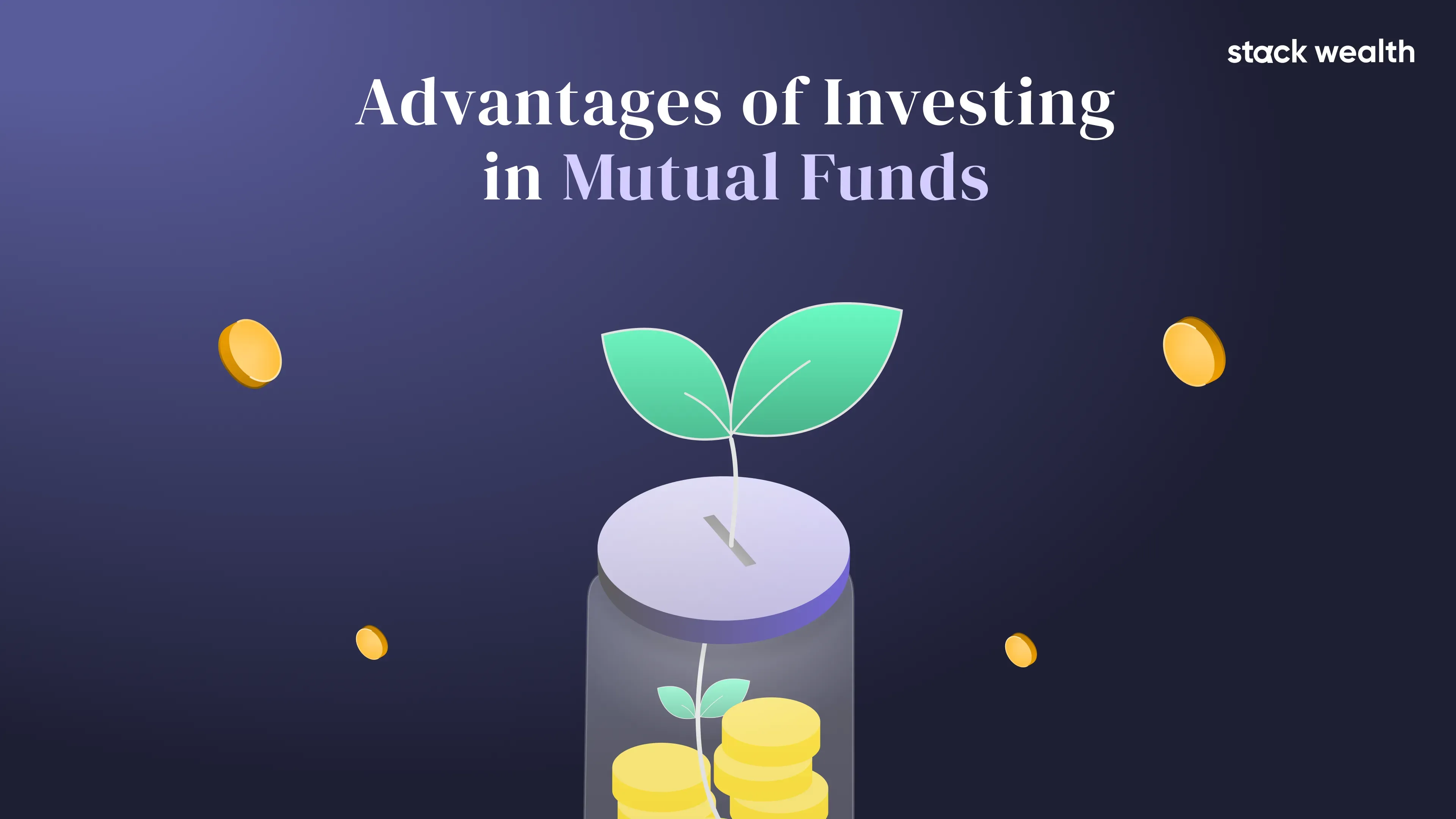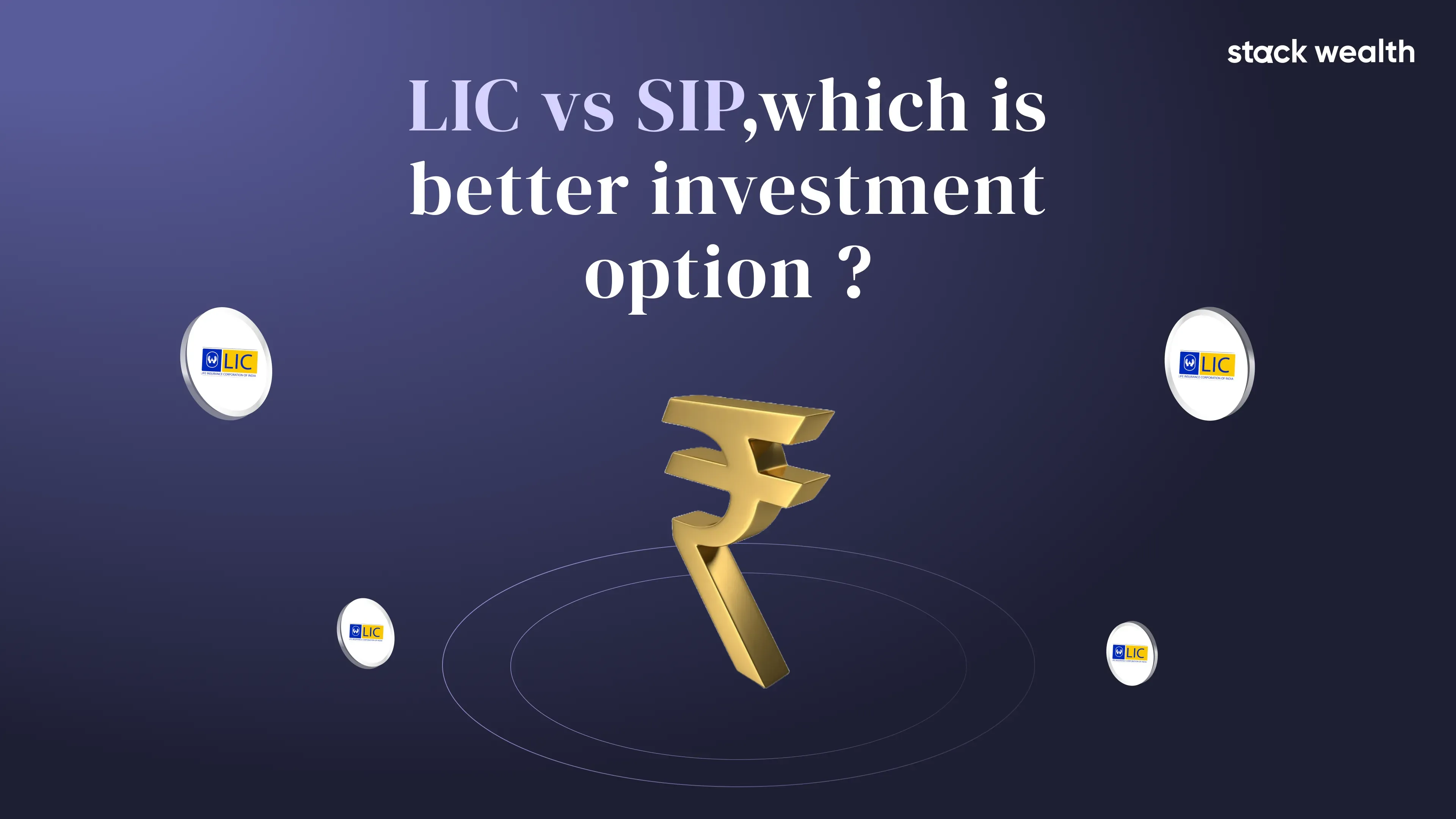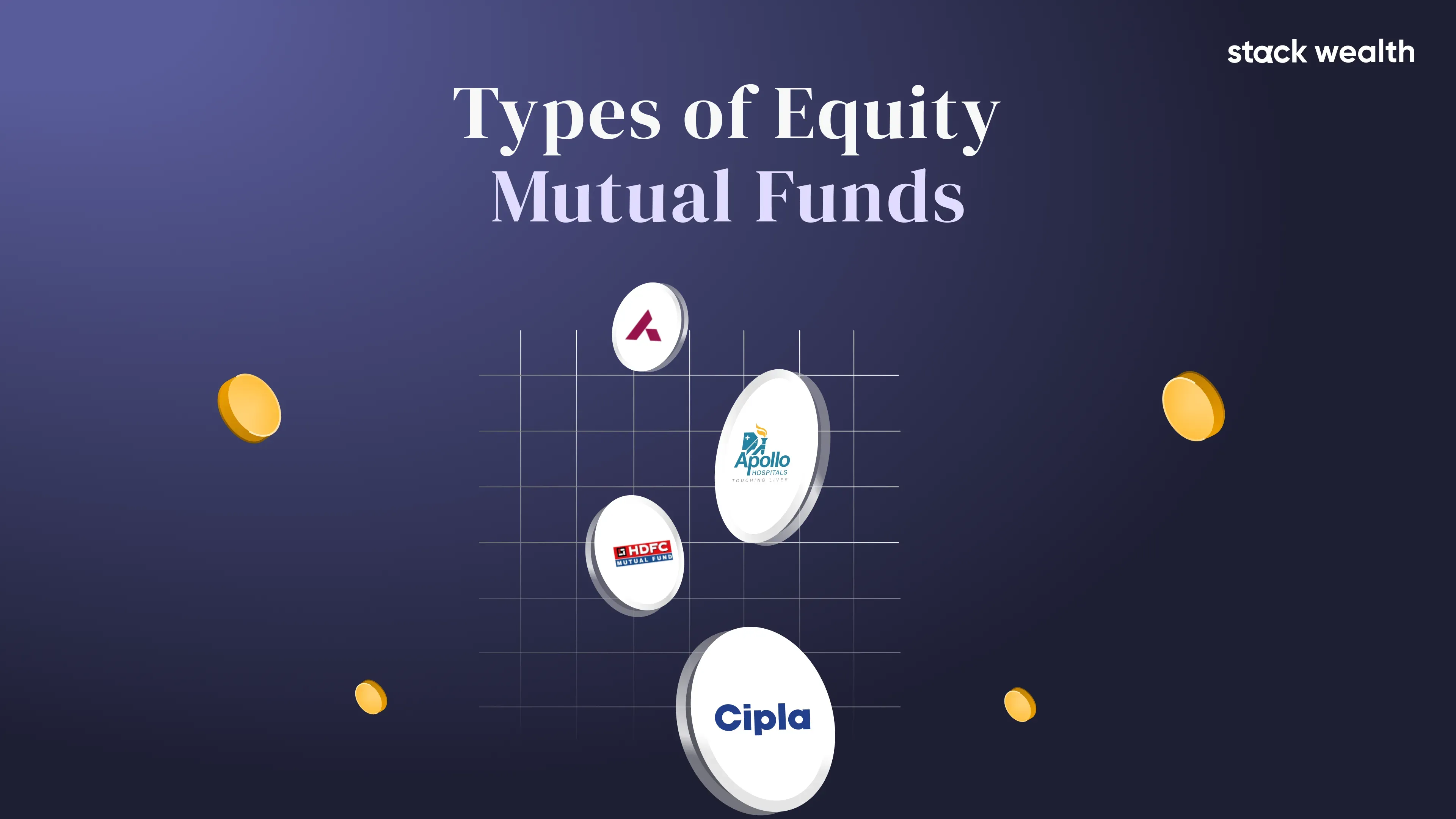Retirement Mutual Funds
Retirement is a time to relax and enjoy life without financial stress. Planning for it requires smart investing and retirement mutual funds are popular. They are designed to help individuals accumulate a substantial corpus for their golden years.
What is a Retirement Fund?
A retirement fund is a mutual fund scheme designed to support long-term retirement goals. These funds primarily focus on growth, stability, and income generation, allowing investors to build a retirement corpus by contributing small amounts regularly over an extended period. They often come with a lock-in period (typically five years or until retirement age, whichever is earlier) to encourage disciplined savings.
Features of Retirement Funds
Retirement funds have several unique features that make them attractive for retirement planning:
- These funds are structured to encourage investments over a long horizon, maximising the growth potential through compounding.
- They often invest in a mix of equities and debt instruments, balancing growth with risk reduction.
- Most retirement funds have a lock-in period to prevent premature withdrawals, helping investors stay committed to their retirement goals.
- Many retirement funds qualify for deductions under Section 80C, which can reduce taxable income up to INR 1.5 lakh.
- Certain retirement funds offer a regular income payout option, which provides stability for retirees needing income post-retirement.
List of Retirement Mutual Funds
Here are some popular retirement mutual funds available in India:
How Does a Retirement Mutual Fund Work?
Retirement mutual funds work by pooling money from multiple investors to invest in assets that yield long-term growth. These investments are managed by experienced fund managers who select a mix of equities (for higher returns) and debt instruments (for stability) based on the fund’s strategy. Over time, these investments generate returns through dividends, capital appreciation, and interest income. The longer you stay invested, the more you benefit from compounding, enabling your wealth to grow steadily until retirement.
Why Should You Invest in a Retirement Fund?
Investing in a retirement fund has several benefits:
- Financial Security: Retirement funds create a reliable source of income for post-retirement years, reducing dependence on others.
- Disciplined Savings: The lock-in period prevents impulsive withdrawals, helping you build a larger corpus over time.
- Tax Savings: With Section 80C benefits, these funds reduce your tax liability while encouraging long-term investment.
- Compounding Effect: Long-term investment horizons enable compounding to maximise the growth of your investments.
How Should You Invest in a Retirement Fund?
Investing in a retirement fund needs careful consideration of your financial goals and risk appetite. Here’s a guide to help you get started:
- Assess Your Retirement Needs: Calculate your required retirement corpus based on expected living expenses and inflation rates.
- Choose the Right Fund: Select a retirement mutual fund based on your risk appetite. Equity-focused funds are suited for younger investors, while debt-heavy funds are ideal for those nearing retirement.
- Regular Investment: Consider a Systematic Investment Plan (SIP) to invest consistently. SIPs allow to invest small amounts in a disciplined manner over time, reducing the impact of market volatility.
- Review Periodically: While retirement funds are long-term investments, reviewing your portfolio every few years ensures alignment with your retirement goals.
Risks Associated with Retirement Funds
Like any investment, retirement mutual funds come with risks, particularly if they have significant equity exposure. Key risks include:
- Market Volatility: Equity investments can fluctuate, especially over the short term, impacting the fund’s returns.
- Interest Rate Risk: Debt portions of retirement funds are sensitive to fluctuating interest rates, which can affect their value.
- Lock-In Period: The mandatory lock-in period may restrict liquidity in case of urgent financial needs.
Understanding these risks and planning according to your risk tolerance and investment horizon can mitigate potential downsides.
Taxation on Retirement Mutual Fund
The tax treatment of retirement mutual funds varies based on the composition of the fund:
- Equity-Oriented Funds: Gains are taxed at 10% if the long-term capital gains exceed INR 1 lakh in a financial year.
- Debt-Oriented Funds: Long-term capital gains (on investments held for over 3 years) are taxed at 20%, but you get indexation benefits to reduce the tax impact. Short-term gains are added to your income and taxed according to your tax bracket.
Funds also qualify for deductions under Section 80C, making them a tax-efficient way to save for retirement. In addition, many funds offer tax-free switches within different investment options, allowing flexibility to adjust risk as you near retirement age.
Retirement mutual funds offer a structured and disciplined way to build wealth for retirement, combining tax efficiency, growth, and income options to ensure financial security in later years. You can enjoy a comfortable and financially sound retirement by choosing the right fund and staying invested long-term.


















